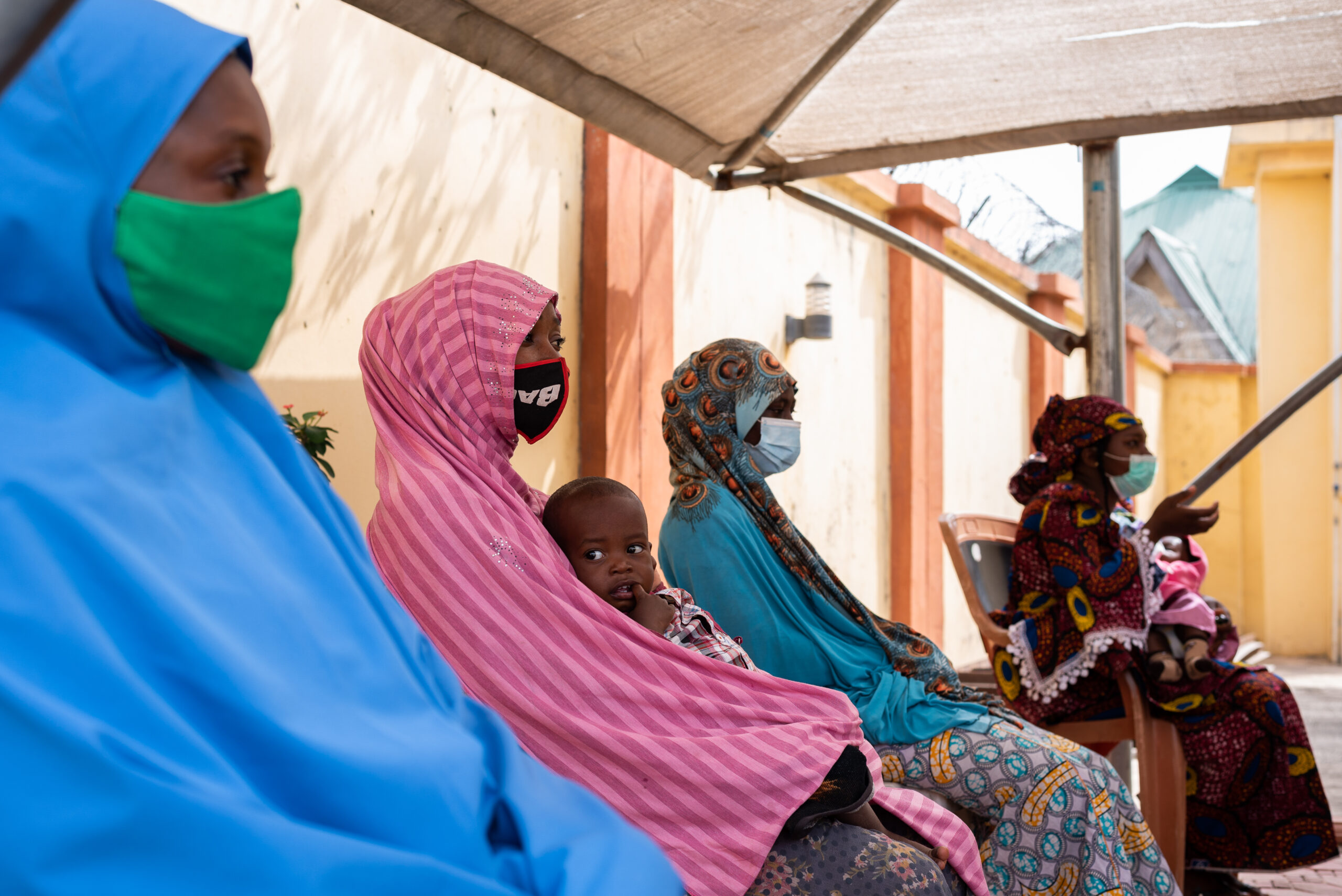The reform reaffirms the importance of the Fonds Commun Santé (FCS) in health financing in Niger. The P4H country focal point has been entrusted with the task of considering the options for a redesign. A roadmap has been validated by the stakeholders and monitoring indicators have been established.
Gradually, from 2016 onwards, under the combined influence of a weakening of its strategic steering and changes in the funding logics of technical and financial partners (TFPs), notably via the arrival of projects housed within the FCS, the dynamic that had made it a success began to disintegrate.
Reforming the FCS: initial arbitration and definition of modalities
The P4H country focal point has been entrusted with the task of reflecting on the options and modalities for redesigning the FCS. The collegial work he led with the Ministry’s executives and the PTFs led to a reminder, clarification and reaffirmation of the core values of the FCS (coordination and rationalization, strategic continuity, subsidiarity, equalization, fungibility, etc.). These were set out in a reform strategy and catalytic financial measures (creation of an emergency response line, for the single supply chain, technical assistance, etc.) and strategic reforms (scorecards, target contracts, etc.), themselves set out in a roadmap validated by the stakeholders.
Reform as part of the Dutch contribution
Expected results in terms of reform (deployment of dashboards and support for bottom-up reforms), process improvement (quality and veracity of health data) and public health indicators (particularly around sexual and reproductive health issues) have thus been formulated in a joint performance framework, incorporating the indicators and annual targets of the SSDP.
The financing structure chosen, jointly drawn up by the MSP and the donor, consolidates the gains already made and guarantees the predictability of FSC funds (50% of last year’s contribution is acquired), while ensuring that they are performance-oriented (50% of support is conditional on the achievement of annual performance targets), helping to further fuel the processes and reforms planned within the framework of the FSC and to strategically finance the SSDP.


